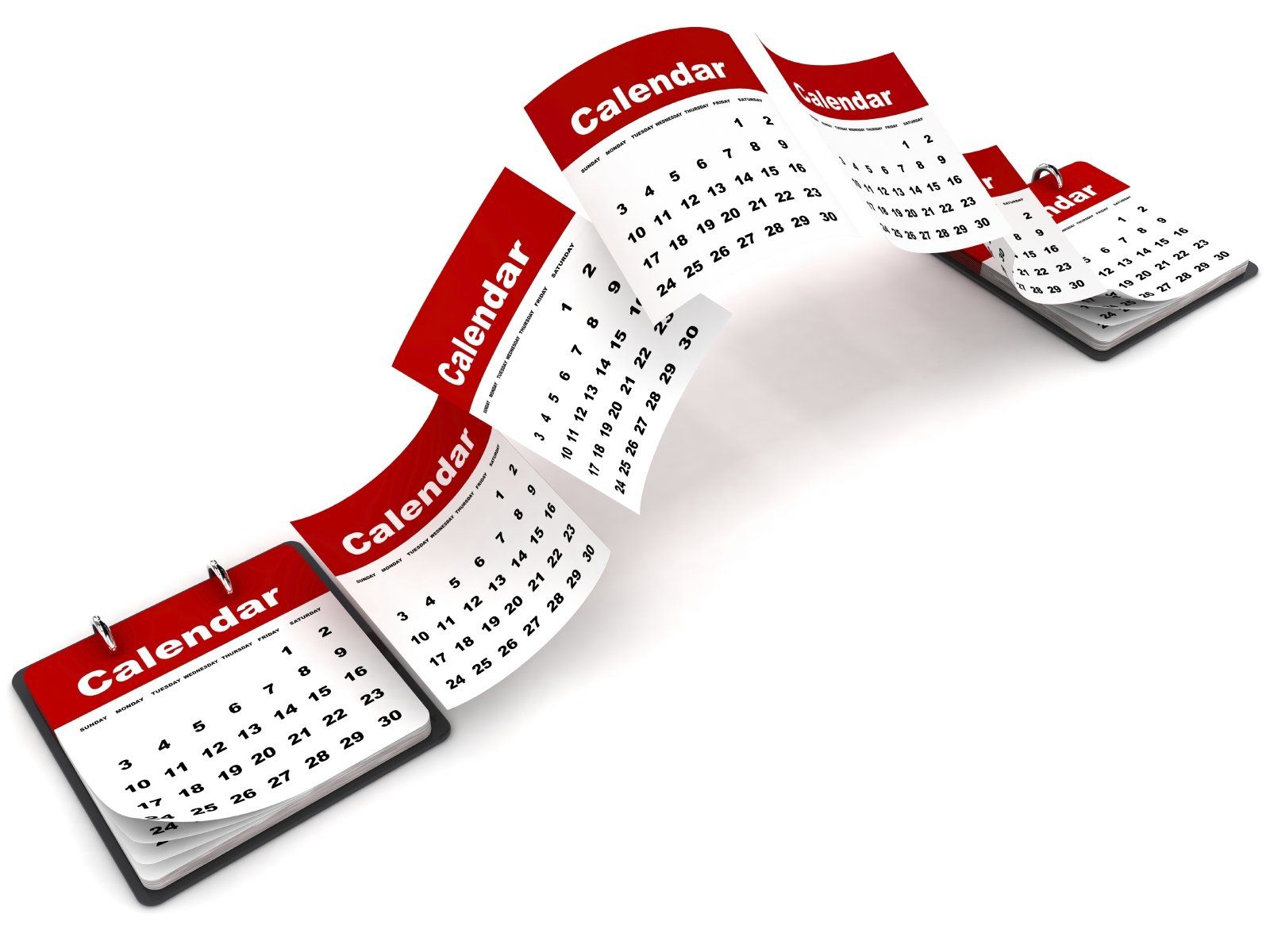April 15, 2025
In these past few weeks it seems that there were so many horrible things happening that just making a list of them feels overwhelming and exhausting. Some of the decisions of the current U.S. government have an impact on the global level, others hit people personally, some of whom are close friends. And then, there are those who seem to target the very core of our profession, like the shutting down of the Institute of Museum and Library Services (IMLS) and the termination of grants already awarded by the National Endowment of the Humanities (NEH). It is hard not to lose all hope in this climate. And yet, aren’t we, as museum professionals, used to things not really looking pretty? Haven’t we battled budget and staff cuts before? Haven’t we brought uncomfortable truths in front of the eyes of our visitors and politicians before? Maybe the current crisis is not comparable to what we were confronted with before. But just as well, we are well trained in going against adversarial circumstances. We have always done so with resilience, creativity, and, most of all, a sense of community. We might be spread out across the world and we might have spread ourselves thin by taking on too many responsibilities, but we are not alone. I have reached out to my network over the past few days to check in on some people, see how they are coping, and getting ideas of what can be done, because, in the end, focusing on what can’t be done never made anything better. What Can We Do? 1. Apply the lessons that museums learned from Covid A museum should have a plan for suddenly shutting down or having to reduce staff for a prolonged long period of time. The plan should include cross-training for all staff so that a reduced staff can keep the institution functioning and care for the collections. Every staff member should be trained to do tasks that are normally not part of their duties so that they can help in the event of a prolonged emergency. The plan should include what the museum can do to remain a destination for visitors during a crisis. This might include regulating the number of visitors in the museum at the any one time during a pandemic, reducing or eliminating admission fees for visitors during a prolonged financial crisis, and how responsibilities could be handled by a reduced staff. It is worth noting that a recent study revealed that art museums that charge admission spend an average of $100 per visitor but attract smaller audiences than free museums, and that there are costs associated with collecting admission fees that may not be recovered by the fee. Details can be found at https://news.artnet.com/art-world/us-museums-visitors-report-2622358) . 2. Prepare the collections for long-term, low maintenance storage by preparing the most sustainable and passive storage environment possible: Improve the effectiveness of the collection storage furniture, containers, and supports to protect the collections (e.g., replace gaskets on doors, eliminate acidic materials, reduce lighting and UV in storage). Keep the collection in order (each object in its proper place in storage) at all times (do not allow a backlog of out-of-place objects to build up). Improve environmental controls and environmental monitoring procedures. Maintain storage environment equipment in good order (e.g. replace filters, service equipment regularly, replace aging HVAC systems). 3. Protect the databases Make sure that you have a fully up-to-date, readable copy of all important museum databases stored somewhere outside of the building, preferably in a hard format as well as electronic. Make sure that both on-site and off-site databases are protected so they cannot be accessed by unauthorized personnel. Renew passwords and other project on a frequent, regular basis. If the institution is forced to close, and you have a good backup copy, consider removing databases from the museum servers to protect confidential information. When possible look into storing backup copies of your databases that are not only readable in a proprietary format of one vendor (who might be forced to hand your sensitive data over or might go out of business). If you database allows for it, export your important data as SQL tables or as comma separated values (.csv). Excel formats such as xlsx, xls, or ods are fine, too. When possible move your sensitive data to trusted servers outside the U.S. that don’t belong to U.S. based companies who might be forced to hand your sensitive data over or delete your data. As a rule of thumb: make access to your data for your trusted staff as easy as possible, but make deleting data from your database hard by setting up a robust rights management and whenever possible enable procedures to revert to earlier data entry points. 4. Update the institutional emergency preparedness plan to include procedures for coping with sudden, prolonged shutdowns of the building. 5. Stock up on critical supplies 6. Download anything needed from federal websites (such as the NPS Museum Handbook and Conserve O Grams or IMLS reports) immediately, while the information is still available. Store this data in a safe place that is only accessible to authorized personnel and make deleting those resources as hard as possible. 7. Keep in mind that most serious problem going forward will probably not be the cuts in federal funding to the NIH, NEA, NSF, IMLS, etc., because most of this money goes to projects which can be postponed or funded by other sources (such as donations). The most serious problem will be the lack of funds resulting from damage done to the economy due to a combination of the rising deficit, increasing unemployment (e.g., the mass reductions in the federal workforce and corresponding loss of jobs in sectors that serve the federal workforce), and decreased tax revenues due to tax cuts for the wealthy, tariffs on imports, and cuts to social services. In other words, the predicted problems with the US economy are far more likely to be a bigger problem for museums than the loss of federal grant funds. 8. Reach out to your community and build strong networks Let your community know that you need their support now more than ever. Let them know that most small museums in their immediate area do not get federal funds directly, but do get support from their state humanities councils. Membership for these museums is usually less than $30 a year and they put the money to good use. If you have lost funding from IMLS or NEH, let your community know. Here’s an example from a small museum explaining exactly what was lost: “The termination of the NEH grant award and the loss of $25,000 are devastating for the Weston History & Culture Center. This funding was going to support our upcoming permanent exhibit…” The people caring about your museum can write to and phone their representatives to let them know they are not okay with what is happening right now. Words of Cheer: Museums existed long before the IMLS and other federal granting agencies, so they can survive this period, although many worthy projects and much research will be halted unless alternative funding can be found. With preparation, museums can survive the coming crisis as they have survived other crises. There will be staff reductions and loss of opportunities, but with any luck, the situation will change within a few years. Take a good look at your policies and procedures and investigate new laws and executive orders you are confronted with. Laws that are passed in a great hurry often contain contradictions and loopholes. Often asking for clarifications by authorities can slow processes down and work to your advantage. Often stalling a process in good faith can be much more effective than open opposition which puts you and your staff at risk. Be prepared to be patient. Lawsuits and judicial decisions challenging the proposed changes will take time to go through the courts. In the longer term, climate change and its effects on museum operations, the economy, and the behavior of the public is the greatest challenge to the future of museums, so the present crisis should be used to prepare for the future. Best Advice: If your institution does not have a plan for long-term survival during a financial crisis, the next pandemic, or climate change, get busy now to correct this deficit. Helpful Information Learnings museums made from the Covid-19 pandemic, https://www.ne-mo.org/news-events/article/learnings-museums-made-from-the-covid-19-pandemic PEAS Resource Library (Promoting Exhibit Access and Safety), https://ncp.si.edu/PRICE-PEAS Snider, Julianne. 2024. The Wheel is Already Invented: Planning for the Next Crisis. Collections: A Journal for Museum and Archives Professionals 20(2):347-359, DOI: 10.1177/15501906241232309 Living in a Wild Future (Center for the Future of Museums blog), https://www.aam-us.org/2025/03/04/living-in-a-wild-future/ Decrease in Public Funding? A Worldwide Answer from Museums (ICOM), https://icom.museum/wp-content/uploads/2025/01/IRAPFM-A4-Format_FINAL.pdf Susana Smith Bautista (2021) — How to Close a Museum. A Practical Guide (Rowman & Littlefield) Here is an additional list of resources in case you have to close down your institution: https://world.museumsprojekte.de/wp-content/uploads/2025/04/ResourcesMuseumsClosing.pdf Christopher J. Garthe (2023) — The Sustainable Museum. How Museums Contribute to the Great Transformation (Routledge) Some more notes Share this resource freely with anyone you think needs to see this, no need to ask for permission. Add what applies to your special case. Let us know what we should add. Download, save, print, circulate. Download List as PDF











